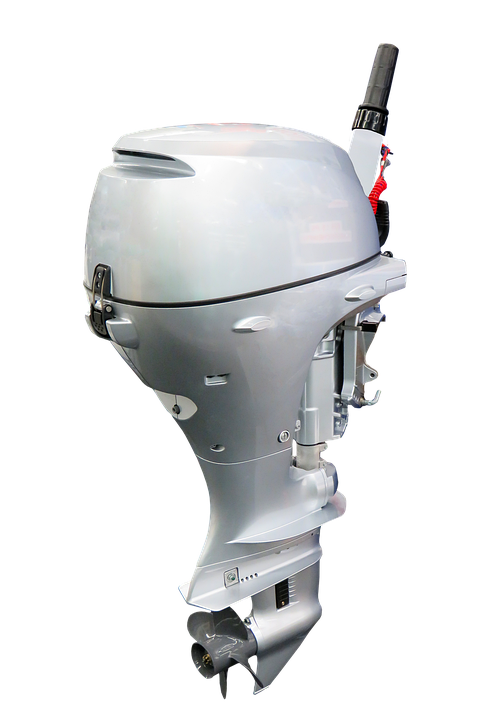The Importance Of Quality Management In The Software Industry

There are several levels of quality management in software industry. This article discusses the importance of quality management and its impact on the growth and survival of an organization. It also discusses the importance of interoperability in quality management software. Finally, it concludes with some tips for implementing quality management in software development. Levels of quality management in the software industry: Quality management in software industry involves many activities, from planning to progress meetings to documentation control. All of these activities specify the quality of the work process and have a direct impact on the finished product. These activities are often referred to as hard requirements. These can be national, organizational, or international. In the software industry, the main concern is ensuring the product’s correct functioning. This is a difficult task due to the invisibility of software and its lack of production phases. This makes it more difficult to detect defects in the software than in the manufacturing process. To address this issue, software development companies use various quality management techniques. High-quality software is not only free from bugs but also is delivered on time, within budget, and meets the requirements. It is also maintainable. Software quality is usually divided into two categories, structural and functional. Functional quality focuses on the design of the software based on functional requirements, while structural quality focuses on the correctness of the production process. Impact of quality management on growth and survival of an organization: Quality management has many benefits, including increased revenue and employee satisfaction. Quality tools and processes ensure that customer loyalty is high and ensure that salaries are paid on time. They also increase the company’s productivity. These benefits are vital to the survival and growth of an organization. The practice of Total Quality Management (TQM) focuses on continuous improvement. It emphasizes the importance of customer satisfaction and aims to improve a company’s performance through a long-term commitment to quality. It emphasizes using strategy, data, and effective communication to achieve this goal. Quality management helps organizations eliminate redundant processes, improve productivity, and decrease waste. Quality management also allows companies to work more effectively with their suppliers. In addition, employees are encouraged to upgrade their skills and develop their knowledge. This promotes an environment of close coordination and strong teamwork. Need for interoperability in quality management software: Increasingly, people are connecting over networked computerized systems. These connections can increase reaction times and automate data sharing. This is why interoperability should be a priority for anyone working in the healthcare industry. It can also improve quality care and patient engagement. However, interoperability doesn’t just apply to healthcare. Software interoperability is the ability of different systems to work together. When different systems are interoperable, they can exchange information in real-time without needing special IT support or back-end coding. For example, a customer relationship management (CRM) system should be able to integrate and transfer data between sales a
Everything You Need To Know About The New 40hp Outboard

If you’re in the market for a new outboard motor, you may be wondering about the new 40hp outboard. This motor has been gaining in popularity over the past few years, and for good reason! It is a great option for small boats and fishing vessels. In this article, we will discuss the features of the new 40hp outboard and help you decide if it is the right choice for you. The new 40hp outboard is a four-stroke engine that is available in both gas and diesel versions. It is a lightweight motor that is easy to install and maintain. One of the features of this motor is its fuel efficiency. It has a low fuel consumption rate, so you can save money on your boating expenses. Another great feature of the new 40hp outboard is its quiet operation. This motor runs smoothly and quietly, so you won’t have to worry about disturbing the peace while you’re out on the water. If you’re looking for an affordable and reliable outboard motor, the new 40hp outboard should be at the top of your list. It is a great choice for small boats and fishing boats. It is also a good choice for larger boats that don’t need a lot of power. With its fuel efficiency and quiet operation, the new 40hp outboard is the perfect motor for any boat. How does it work? The new 40hp outboard is a four-stroke engine. That means that it has four cylinders that fire in a cycle. The first stroke is the intake stroke. The second stroke is the compression stroke. The third stroke is the power stroke. And the fourth stroke is the exhaust stroke. What are the benefits of a four-stroke engine? Four-stroke engines are more fuel efficient than two-stroke engines. They also produce less pollution and have lower emissions. Four-stroke engines are also quieter than two-stroke engines. Why should I choose the new 40hp outboard? The new 40hp outboard is a great choice for any boat owner looking for an affordable and reliable motor. It is also a good choice for those who want to reduce their carbon footprint. The new 40hp outboard is also quieter than its two-stroke counterpart. What are some of the features of the new 40hp outboard? The new 40hp outboard has four cylinders that fire in a cycle. It is also fuel efficient and produces less pollution. The new 40hp outboard is also quieter than its two-stroke counterpart. Some other features include an electric start, power tilt, and remote control. If you have any questions about the new 40hp outboard, feel free to ask in the comments section below. We’ll be happy to answer any questions you may have. Thanks for reading!
